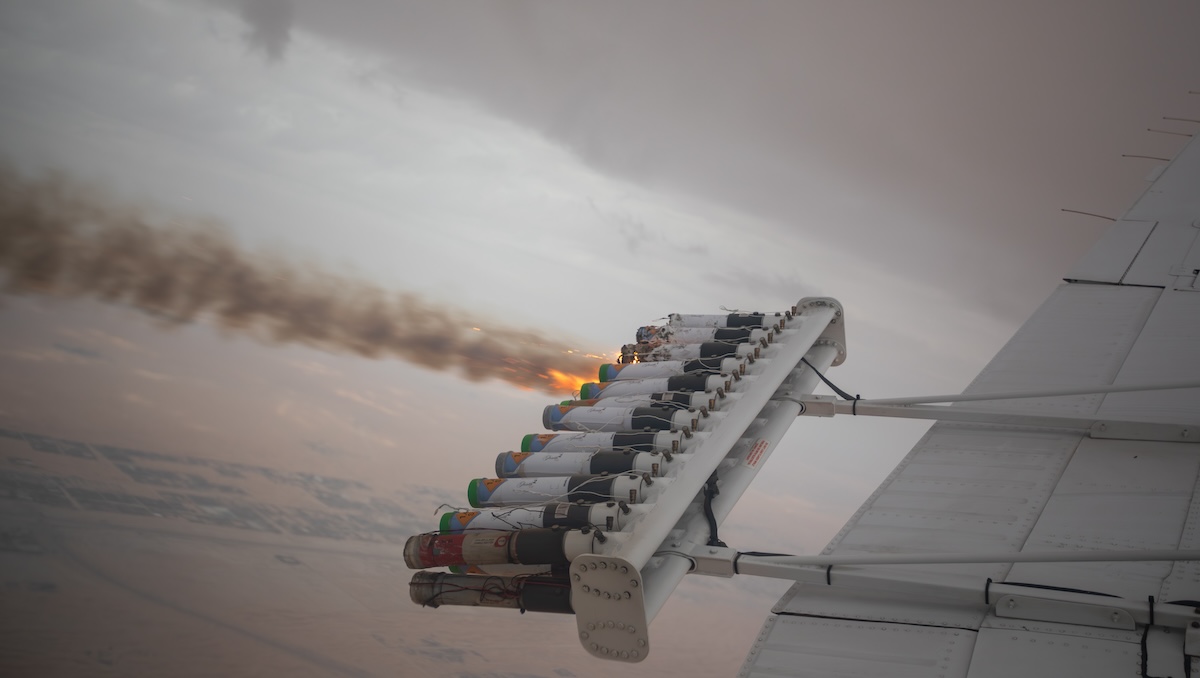
The U.S., Canada and Mexico have agreed to extend their agreements to keep their shared borders closed to non-essential travel to June 21 during the coronavirus pandemic.
Canadian Prime Minister Justin Trudeau said Tuesday the border is a source of vulnerability, so the agreement will be extended by another 30 days. The Canada restrictions were announced on March 18 and were extended in April.
Trudeau said Canada's provincial leaders clearly wanted to continue the measures.
“This will keep people in both of our countries safe." Trudeau said.
Get San Diego local news, weather forecasts, sports and lifestyle stories to your inbox. Sign up for NBC San Diego newsletters.
U.S. President Donald Trump also confirmed the extension, but looked forward to its eventual end, saying, “everything we want to get back to normal."
“We love Canada, so we’re going to be talking, and at the right time, we’ll open that up very quickly. That will go very easily," Trump said. He was asked if opening travel could occur before June 21 and he replied that it could.
But many Canadians fear a reopening. The U.S. has more confirmed cases and deaths from COVID-19 than any country in the world, though its per capita numbers are well below many other nations.
U.S. & World
Later Tuesday, Mexico's Foreign Affairs ministry said via Twitter Tuesday after reviewing the spread of COVID-19 in Mexico and the United States the governments had decided to leave the restrictions implemented March 21 unchanged.
The statement says “Both countries will continue coordinating health measures in the border region.”
Acting U.S. Secretary Chad Wolf said non-essential travel will not be permitted until the administration is convinced that doing so is safe and secure.
“We have been in contact with our Canadian and Mexican counterparts and they also agree that extending these restrictions is prudent at this time,” Wolf said in a statement.
Essential cross-border workers like healthcare professionals, airline crews and truck drivers are still permitted to cross. Truck drivers are critical as they move food and medical goods in both directions. Much of Canada’s food supply comes from or via the U.S.
Americans who are returning to America and Canadians who are returning to Canada are also exempted from the border closure.
Canada sends 75% of its exports to the U.S. and about 18% of American exports go to Canada. The U.S.-Canada border is world’s longest between two nations.
Asked about possible testing at the border and contact tracing when the border does fully reopen, Trudeau said officials have given themselves another month to examine what's needed.
“These are ongoing questions,” Trudeau said. “But even now, we know that we need to do more to ensure that travelers who are coming back from overseas or from the United States as Canadians are properly followed up on, are properly isolated and don’t become further vectors for the spread of COVID-19,"
AP writers Darlene Superville in Washington and María Verza in Mexico City contributed to this report.



